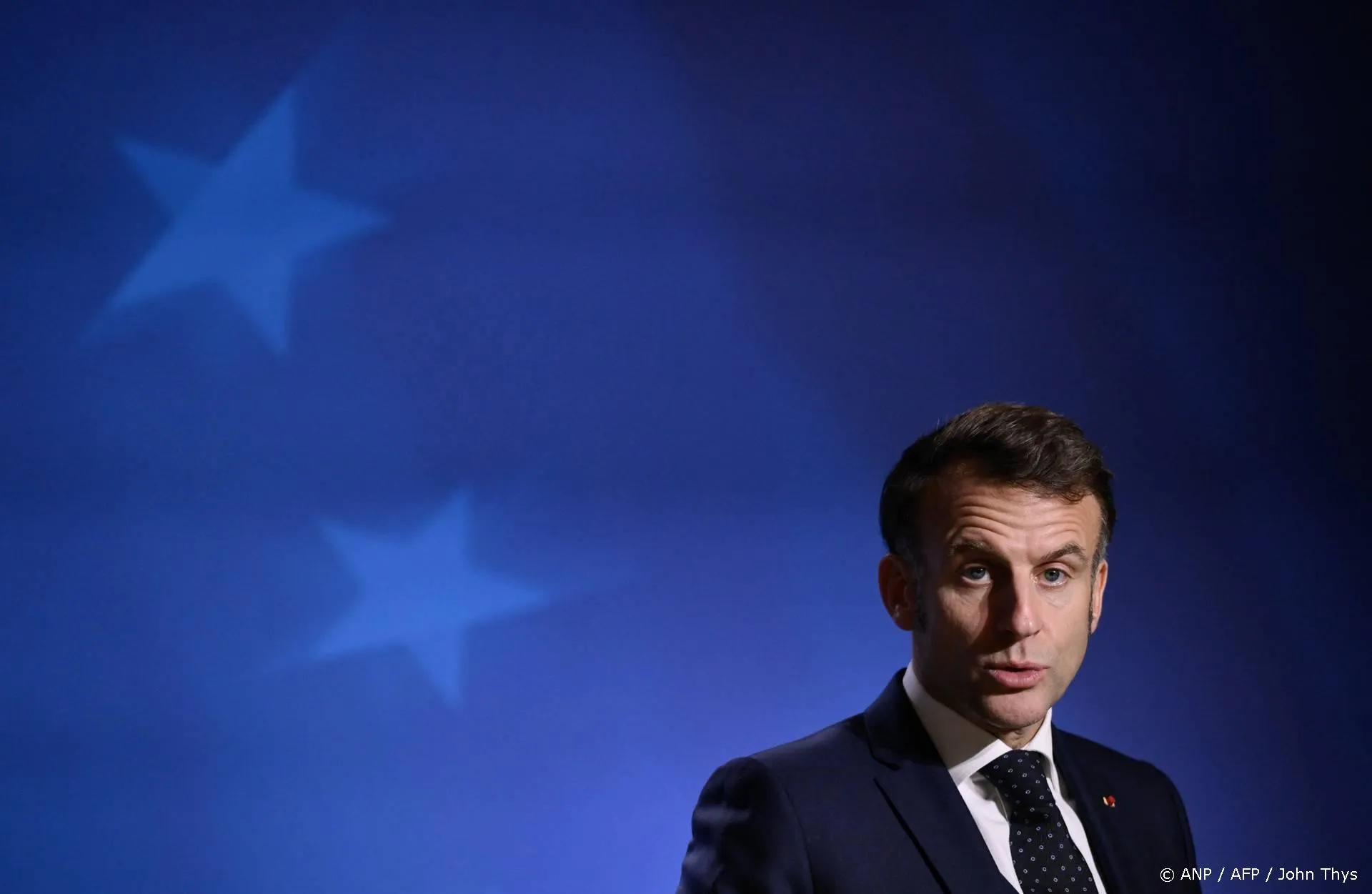Richard Tol in 'The Guardian'
Tol slaat terug.
De Britse 'Guardian' is een fervent apostel van het broeikasevangelie. Onder de titel 'Climate contrarians accidentally confirm the 97% global warming consensus', schreef Dana Nutticelli: 'A new paper by GWPF's Richard Tol accidentally confirms the results of last year's 97% global warming consensus study'.
Zoals zo vaak in het klimaatdebat was dit weer een voorbeeld van onzindelijk redeneren. En Richard Tol sloeg terug! Niets bijzonders gezien zijn deskundigheid en temperament. Maar 'The Guardian' gaf hem daarvoor podium! En dat is wèl bijzonder! Want die eer is klimaatsceptici nog niet eerder te beurt gevallen.
Onder de titel, 'The claim of a 97% consensus on global warming does not stand up', schreef Richard Tol onder meer:
Consensus is irrelevant in science. There are plenty of examples in history where everyone agreed and everyone was wrong.
Dana Nuccitelli writes that I accidentally confirm the results of last years 97% global warming consensus study. Nothing could be further from the truth.
I show that the 97% consensus claim does not stand up.
At best, Nuccitelli, John Cook and colleagues may have accidentally stumbled on the right number.
Cook and co selected some 12,000 papers from the scientific literature to test whether these papers support the hypothesis that humans played a substantial role in the observed warming of the Earth. 12,000 is a strange number. The climate literature is much larger. The number of papers on the detection and attribution of climate change is much, much smaller.
Cooks sample is not representative. Any conclusion they draw is not about the literature but rather about the papers they happened to find.
Most of the papers they studied are not about climate change and its causes, but many were taken as evidence nonetheless. Papers on carbon taxes naturally assume that carbon dioxide emissions cause global warming but assumptions are not conclusions. Cooks claim of an increasing consensus over time is entirely due to an increase of the number of irrelevant papers that Cook and co mistook for evidence.
Tol wijst voorts op een aantal methodologische fouten en tekortkomingen van de studie van Cook et al, die aanvankelijk werd gepubliceerd, maar daarop weer werd ingetrokken. Ook wijst hij op de weigering van de auteurs om hun ruwe gegevens (volledig) ter beschikking te stellen.
Hij vervolgt:
Consensus is irrelevant in science. There are plenty of examples in history where everyone agreed and everyone was wrong. Cooks consensus is also irrelevant in policy. They try to show that climate change is real and human-made. It is does not follow whether and by how much greenhouse gas emissions should be reduced.
The debate on climate policy is polarised, often using discussions about climate science as a proxy. People who want to argue that climate researchers are secretive and incompetent only have to point to the 97% consensus paper.
On 29 May, the Committee on Science, Space and Technology of the US House of Representatives examined the procedures of the UN Intergovernmental Panel on Climate Change.
Having been active in the IPCC since 1994, serving in various roles in all its three working groups, most recently as a convening lead author for the fifth assessment report of working group II, my testimony to the committee briefly reiterated some of the mistakes made in the fifth assessment report but focused on the structural faults in the IPCC, notably the selection of authors and staff, the weaknesses in the review process, and the competition for attention between chapters. I highlighted that the IPCC is a natural monopoly that is largely unregulated. I recommended that its assessment reports be replaced by an assessment journal.
In an article on 2 June, Nuccitelli ignores the subject matter of the hearing, focusing instead on a brief interaction about the 97% consensus paper co-authored by Nuccitelli. He unfortunately missed the gist of my criticism of his work.
Successive literature reviews, including the ones by the IPCC, have time and again established that there has been substantial climate change over the last one and a half centuries and that humans caused a large share of that climate change.
There is disagreement, of course, particularly on the extent to which humans contributed to the observed warming. This is part and parcel of a healthy scientific debate. There is widespread agreement, though, that climate change is real and human-made.
I believe Nuccitelli and colleagues are wrong about a number of issues. Mistakenly thinking that agreement on the basic facts of climate change would induce agreement on climate policy, Nuccitelli and colleagues tried to quantify the consensus, and failed.
In his defence, Nuccitelli argues that I do not dispute their main result. Nuccitelli fundamentally misunderstands research. Science is not a set of results. Science is a method. If the method is wrong, the results are worthless.
Nuccitellis pieces are two of a series of articles published in the Guardian impugning my character and my work. Nuccitelli falsely accuses me of journal shopping, a despicable practice.
The theologist Michael Rosenberger has described climate protection as a new religion, based on a fear for the apocalypse, with dogmas, heretics and inquisitors like Nuccitelli. I prefer my politics secular and my science sound.
Aldus Richard Tol.
Lees verder hier.
Een kritische noot. Richard Tol schrijft: 'There is widespread agreement, though, that climate change is real and human-made.' Ja, in IPCC-kringen! Maar niet daarbuiten. Zie hier.
Voor mijn eerdere DDSbijdragen zie hier.
Ga verder met lezen
Dit vind je misschien ook leuk
Laat mensen jouw mening weten
Lees ook
Loading


